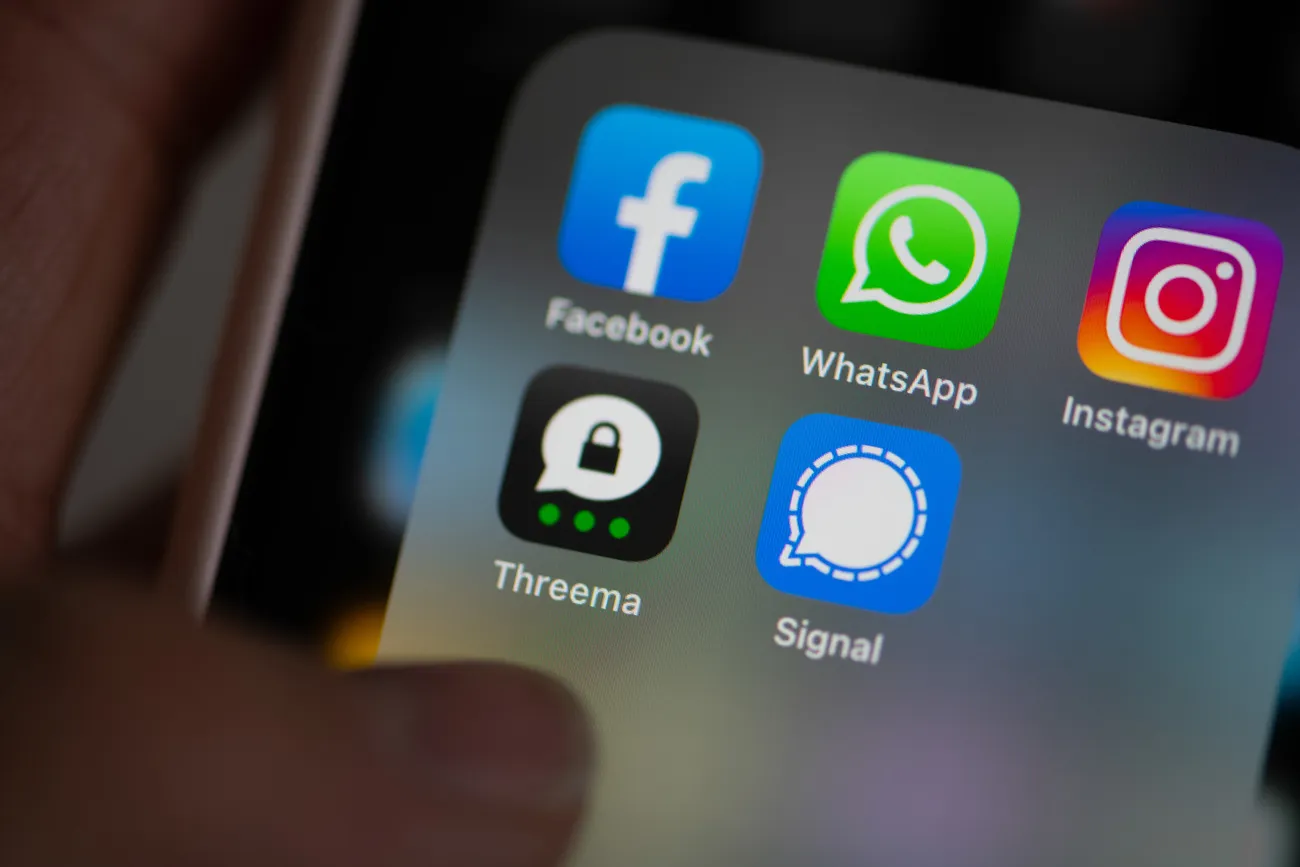Context:
The encrypted messaging application Threema has come under scrutiny by Indian investigative agencies following reports that the app was used by terror suspects to coordinate recent attacks, while simultaneously being reportedly used by some government officials for secure communication.
Threema’s Role in Terror Probe:
- Untraceable Communication: Investigators revealed that a module involved in a recent Delhi blast used the Swiss-based Threema app to plan and communicate securely, which is crucial for the probe.
- Anonymity: Unlike common platforms like WhatsApp or Telegram, Threema does not require a SIM card or phone number for registration, allowing users to communicate with a high level of anonymity using a unique Threema ID.
- Minimal Footprint: Threema utilizes end-to-end encryption and a zero-knowledge principle, reducing the digital footprint as messages are deleted from their servers immediately after delivery, making it difficult for law enforcement to retrieve content and metadata.
- Coordination and Planning: Suspects reportedly used the app for encrypted text chats, sharing sensitive information, maps, and detailed planning layouts related to the terror conspiracy.
- Past Use: Threema has previously been identified in various probes, including those related to ISIS-KP and other terror outfits, as a preferred platform for its high security and difficulty in tracing users.
Security Features and Data Privacy:
- Encryption Standard: Threema uses strong, open-source cryptography and offers Perfect Forward Secrecy to protect against retrospective decryption of messages even if keys are compromised later.
- Data Sovereignty: The company is based in Switzerland and operates under strict Swiss data protection standards, claiming it is neither allowed nor willing to provide information about its users to foreign authorities.
- Self-Hosting Option: Threema offers an OnPrem solution, allowing organizations and companies (including government agencies) to host the messenger on their own infrastructure, granting them full control over their data for maximum security.
- Metadata Reduction: The application is designed to collect minimal metadata and stores contacts and messages primarily on the user’s device, further enhancing user privacy and making forensic analysis challenging.
Contradictory Usage and Policy Implications:
- Official Interest: The news highlights an ironic situation where the app, used by terror suspects for security, is also reportedly being adopted by government officials and political leaders for sensitive communication, likely due to the same high levels of security and anonymity it provides.
- Government Action: In May 2023, the Indian government reportedly blocked 14 mobile messenger apps, including Threema, under Section 69A of the IT Act, 2000, on security concerns, particularly their use by terrorist groups operating in Jammu and Kashmir.
- Traceability Challenge: The widespread use of such highly encrypted, anonymous apps poses a significant challenge to national security and law enforcement agencies (LEAs), who advocate for traceability mechanisms, which have been resisted by developers citing privacy concerns.
Internal Security and Cyber Surveillance Challenges:
- The reliance of terrorist and anti-national elements on highly encrypted and anonymous communication platforms like Threema creates ‘dark spaces’ in the digital realm, making timely intelligence gathering extremely difficult.
- This represents a critical challenge in Cyber Surveillance and Signal Intelligence, as agencies struggle to obtain the metadata and content necessary to preempt terror attacks under existing legal frameworks.
- The use of foreign-based, zero-knowledge platforms complicates international cooperation in terror investigations, as developers often cite data sovereignty and privacy laws of their home countries (e.g., Switzerland) to deny access to user data.
- The situation underscores the necessity for technological advancements in Indian intelligence agencies to develop capabilities to lawfully intercept and analyze encrypted communications, as opposed to relying solely on platform cooperation.
Encryption Debate and Legal Framework:
- This case is a prime example of the ongoing global debate between user privacy/encryption and the demands of national security/law enforcement access (traceability).
- India’s legal framework, particularly the IT (Intermediary Guidelines and Digital Media Ethics Code) Rules, 2021, requires intermediaries to enable the identification of the first originator of a message for national security purposes, a demand strongly resisted by end-to-end encrypted platforms like Threema.
- The use of Section 69A of the IT Act, 2000, to block these apps demonstrates the government’s attempt to use blocking powers to address national security threats posed by untraceable digital communication channels.
- The reported use of the app by government officials simultaneously highlights a legal and ethical paradox, where the same technology deemed a security threat is sought after for its protection of official confidentiality.
Governance and Policy for Secure Communication:
- The need for government officials to resort to third-party, foreign-based apps for sensitive communication highlights a potential policy failure in providing a secure, standardized, and indigenous communication platform.
- It raises concerns about data sovereignty for official government exchanges, as reliance on a Swiss-based server and platform entails risks regarding jurisdiction and access under foreign laws.
- This scenario reinforces the requirement for clear, mandatory Digital Communication Guidelines for all government personnel, emphasizing the use of certified, indigenous, or government-controlled secure applications to protect state secrets and operational data.
- The issue directly links to the broader goal of Digital Governance and ensuring that the government’s own communication infrastructure is resilient against both external hacking and unauthorized foreign intelligence gathering.

